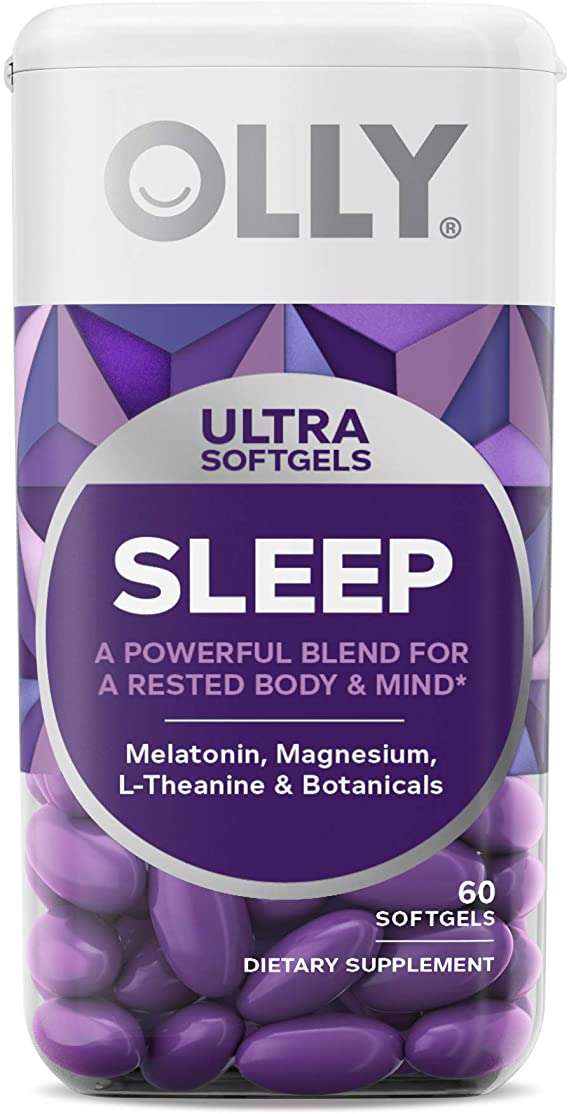

If you're looking for a more consistent sleep aid that helps you fall asleep and stay asleep, family medicine physician Robert Rountree, M.D., says magnesium supplements are the way to go: "Melatonin does one thing very well, which is to provide a specific signal to the brain that it is time to initiate the sleep process. īut Ferira explains that, "a more modest dose of melatonin in the 0.3 to 0.5 mg range, which mimics physiological melatonin levels, is prudent if you're taking this supplement for daily circadian rhythm support over the long term." The recommended dose depends on personalized needs, but for acute doses for resetting your circadian rhythm, research points to the 0.5 mg to 5 mg 5. Since there isn't much research into the long-term effects of taking high-dose melatonin every night, you'll want to take it only as necessary. If you have a job that requires you to be up at night and asleep during the day, melatonin can also help get your body used to winding down when it's still light outside. In an mbg article on healthy travel, functional medicine health consultant Jon Mitchell, PA-C, M.S., recommends taking it an hour or so prior to your desired bedtime when you reach your new destination.īe sure to turn off the lights and get off your electronics at that time to give it the best chance of kicking in. The answer largely depends on what you're looking for: If you are someone who travels across time zones a lot, melatonin definitely deserves a spot in your suitcase.

One of magnesium's sleep-promoting mechanisms is that it reduces cortisol and increases melatonin levels in the body.* Its relaxing properties likely also have to do with the fact that it activates GABA receptors in the brain, which have a calming and balancing effect on the nervous system.* įerira shares that, "when we comb the clinical research on magnesium supplements and sleep 4, we see that this mineral can help improve various sleep measures, including research outcomes like 'sleep efficiency, sleep time, sleep onset latency, and early morning awakening.'"* In other words, magnesium can help you get to sleep and achieve longer, deeper sleep.* Magnesium glycinate (aka magnesium bisglycinate) is a high-quality chelate form that's bioavailable, gentle, and helpful for promoting sleep.* It's a combination of magnesium and the amino acid glycine, which also independently enhances sleep quality and neurological function 3. Unlike melatonin, there are many different types (or complexes) of magnesium supplements, and some elicit a slightly different impact on the body ( you can read top-level descriptions of each here).

This essential macromineral ("essential" meaning we have to consume it daily) plays a role in over 300 biological reactions. Magnesium is also naturally utilized by the body, but it's a mineral and more of a multitasker. Some people may experience headaches, grogginess, and sleepiness upon waking after taking melatonin-likely because the dose is too high for regular use (i.e., greater than 1 milligram), which can lead to desensitization of melatonin receptors and be counterproductive."įerira goes on to divulge this pro-tip: "it's important to note that most melatonin is synthetic, while a minority of products are plant-sourced and harder to find." explains that, "a person's melatonin dose should be determined in partnership with a trusted healthcare practitioner. When it comes to dosing melatonin and possible side effects, mbg's vice president of scientific affairs Ashley Jordan Ferira, Ph.D., R.D.N. It's important to note that the supplement may help you fall asleep but doesn't necessarily improve sleep quality or duration. occasional melatonin supplementation is relevant depends on individual needs. The isolated hormone has been studied as a sleep aid since the late-1980s, and research has confirmed 2 that it can help people who need circadian rhythm support and reset, for example with jet lag and wonky work schedules (i.e., shift work). Traveling across time zones can also mess with melatonin production, as your body's circadian rhythm (or internal clock) can't immediately catch up to the new environment. Fixtures of modern life like indoor lighting and blue light from electronics can get in the way of this process and confuse the brain into thinking that it's still daylight long into the evening. In the body, melatonin, derived from the neurotransmitter serotonin, is a hormone that the brain's pineal gland produces at night to send a signal to the rest of the body that it's time to start winding down.


 0 kommentar(er)
0 kommentar(er)
